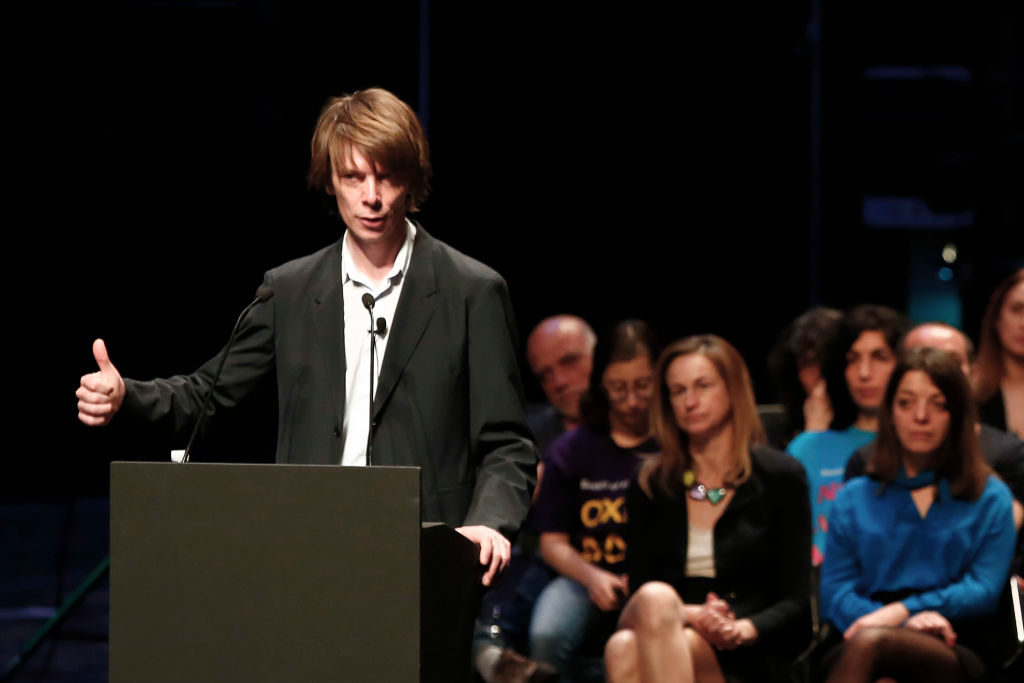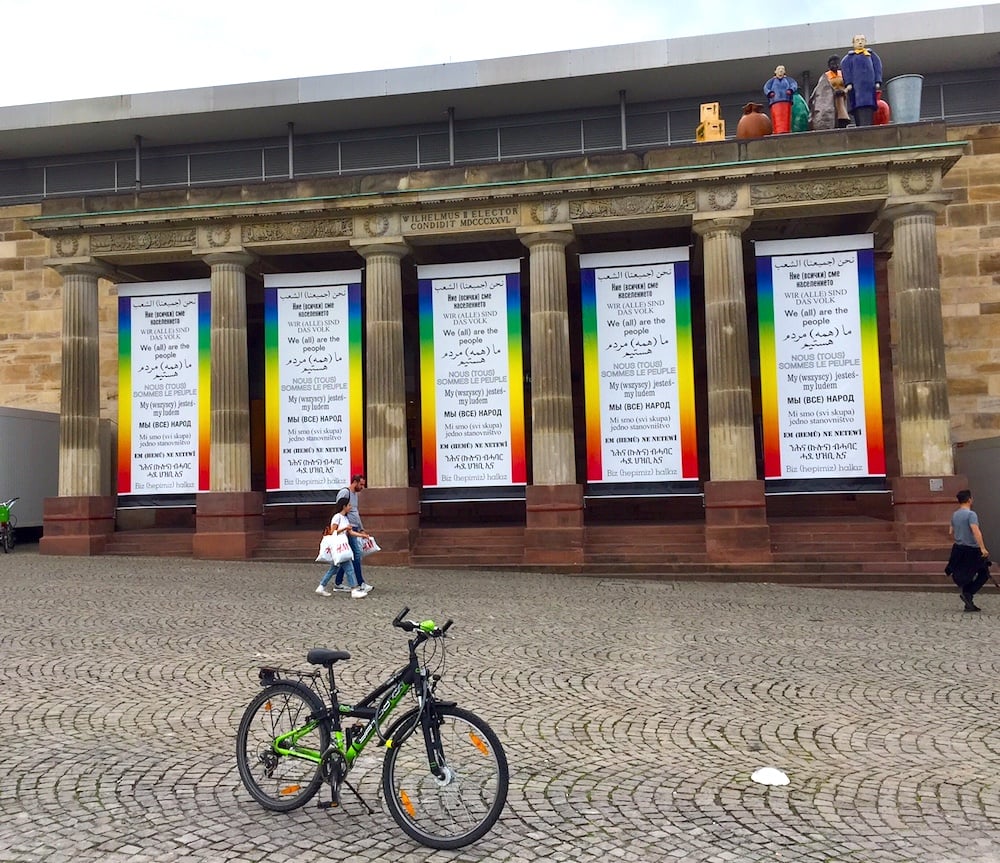Art & Exhibitions
Where Did the Money Go? documenta’s Board Presents an Interim Audit Report, and Some Excuses
“Artistic freedom does not mean freedom from the business plan,” said a representative of the shareholders.

“Artistic freedom does not mean freedom from the business plan,” said a representative of the shareholders.

Henri Neuendorf

What really caused documenta’s enormous deficit?
That’s what the art world has been asking since documenta’s bankruptcy was narrowly averted last week by emergency loan guarantees from its shareholders, the city of Kassel and the state of Hesse.
On Thursday, detailed information emerged for the first time following an extraordinary board meeting of documenta’s parent company, documenta gGmbH, where independent auditors presented an interim report.
At a press conference after the meeting, representatives of the two shareholders, the mayor of Kassel and board chairman Christian Geselle, and Hessian minister for science and art Boris Rhein, revealed some of the preliminary findings gleaned from the independent auditor, and announced structural changes within the organization.
The mayor clarified that the budget for documenta 14 between 2014 and 2018 totaled €34 million, including €2 million allocated towards the show in Athens. Half of the show’s budget was provided by Hesse and Kassel, while the other half—as is always the case with the quinquennial—was to be raised by documenta organizers through ticketing, merchandising, and sponsorships.
Geselle confirmed reports that the primary source of overspending resulted from documenta’s secondary venue in Athens, explaining that the company recorded a loss of €5.4 million between January 1 and July 31 (coinciding with documenta Athens’s run from April 8 to July 16). He added that while revenues exceeded expectations, losses exceeded expectations too.
The mayor stressed that the figure of €5.4 million must be distinguished from the total projected deficit for the fiscal year, which has been estimated at €7 million—the figure first reported by the local paper HNA and several other publications. In order to offset this projected shortfall, documenta’s advisory board approved a loan guarantee of €8 million shared equally between the city of Kassel and the state of Hesse (an additional €1 million was agreed as a buffer).
“It’s not a loan, but a guarantee,” Geselle emphasized. “We, the city of Kassel are not paying cash into the documenta gGmbH.” Rather, the guarantee means that the documenta parent can obtain a bank loan required to prevent the company’s insolvency—although the package must still be ratified by Kassel’s city council in a hearing on Monday. “We are the documenta city,” he said, calling for the guarantee’s approval. “Kassel must always be inextricably linked to documenta and Kassel must always be the focus and venue of documenta.”
At this time, the politicians explained, it was too early to ascertain exactly where the money was spent, and who authorized it, or failed to stop the overspending. Citing the ongoing independent audit, they added that a full report is expected to be available in November.

Banners by Hans Haacke in Kassel stating “We Are (All) The People.” Image: Ben Davis.
In order to prevent similar financial problems in the future, Geselle and Rhein announced that the board will seek to implement new organizational, personnel, and financial structures in the future. For the time being CEO Annette Kulenkampff and the present management will remain in place, although it is expected that Kulenkampff’s contract will not be renewed when it expires in 2018. “We were not made aware of the deficit until it was too late,” Rhein stressed. “We would have taken immediate action otherwise,” he added, confirming that the information was first presented to them on August 28.
Geselle told reporters that a financial controller will be installed to oversee spending and adherence to future budgets—but added that different structures must still be analyzed before additional changes are decided upon. One things is clear: there will be another documenta in five years’ time.
Rhein reassured that no artistic freedoms would be curtailed, and that no attempts would be made to prevent overseas “outposts” of documenta in the future. However, “artistic freedom does not mean freedom from the business plan,” Rhein said. “The freedom we allow at documenta is close to unlimited, but we are talking about public money… as administrators of public funds we must insist that the business plan is respected.”